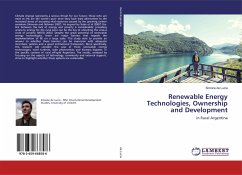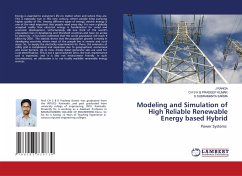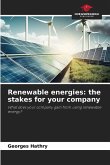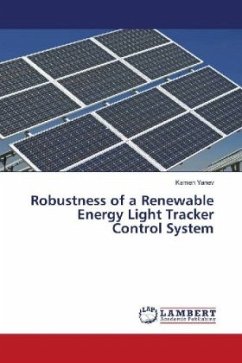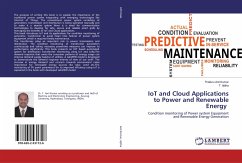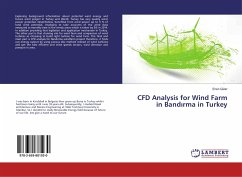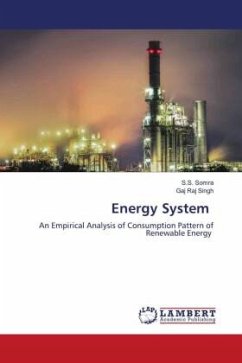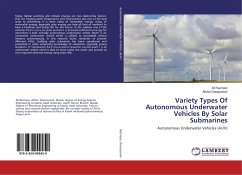Climate change represents a serious threat for our future; those who are most at risk are the world's poor since they have least alternatives to the increased stress of accessing vital resources caused by the growing carbon emissions (Venema and Rehman 2007). As argued by Teske et al (2007) the link between the lack of energy and poverty is considerable; providing access to energy for the rural poor can be the key to unlocking the vicious circle of poverty (WSSD 2002). Despite the great potential of renewable energy technologies, there are major barriers that impede the implementation of RE on a large scale. This study aims to provide an answer to whether these barriers can be overcome with adequate incentives, policies and a good institutional framework. More specifically, this research will consider the case of three renewable energy technologies, wind turbines, solar photovoltaic and biomass digester, in the specific context of rural off-grid Argentina. The results, analysed by focusing on the aspects of technology, community and external support, strive to highlight whether these systems are sustainable.

